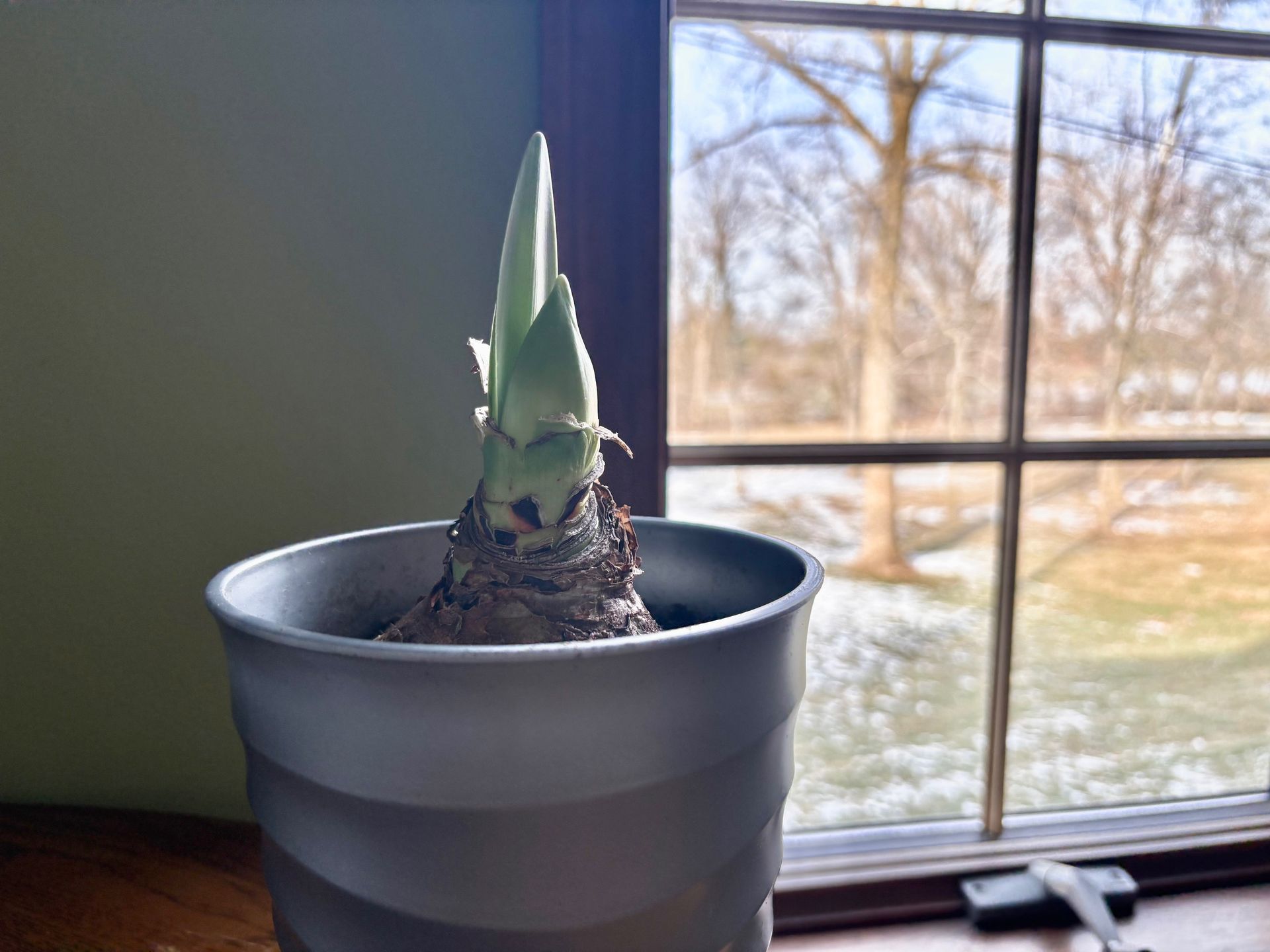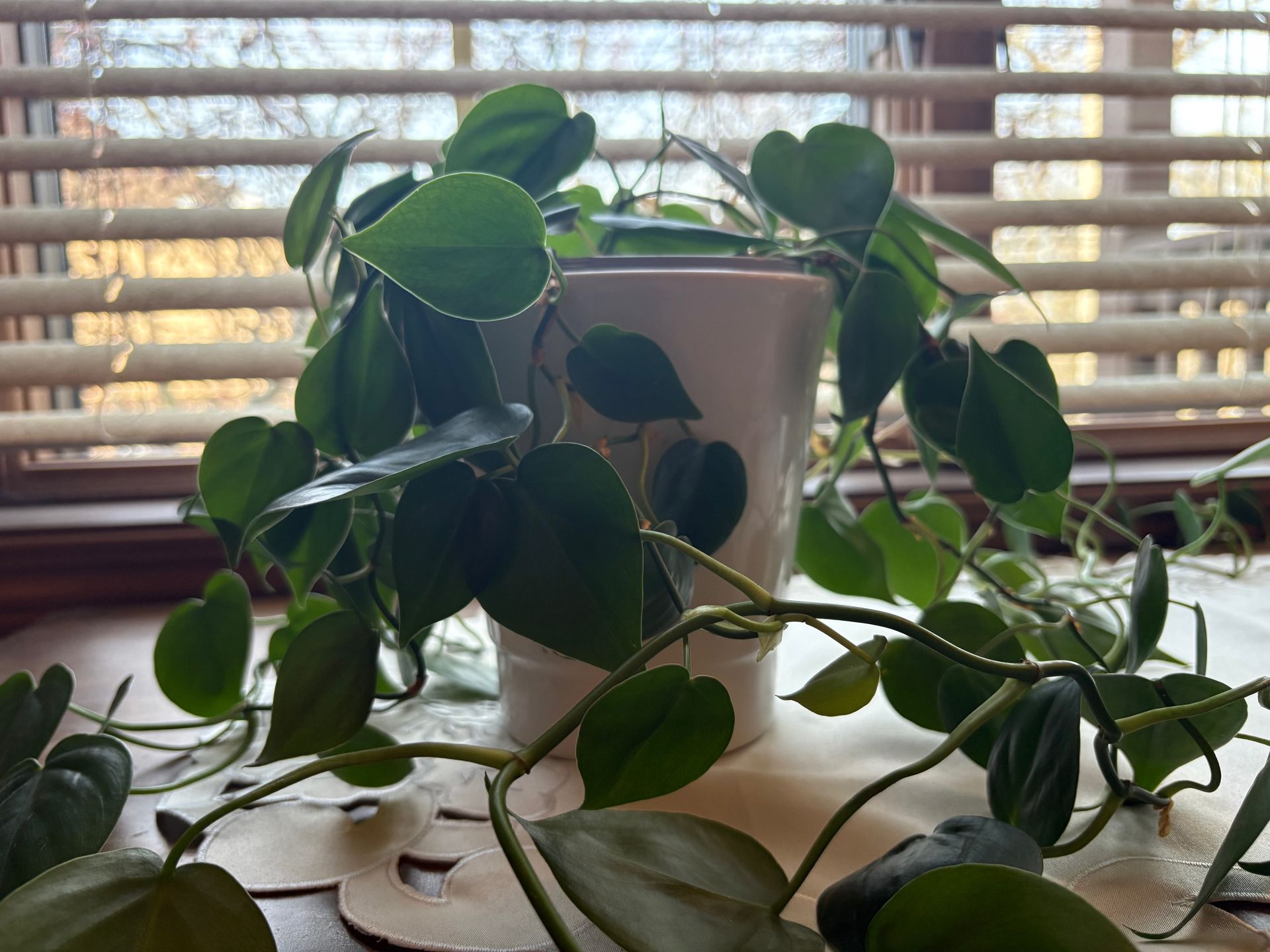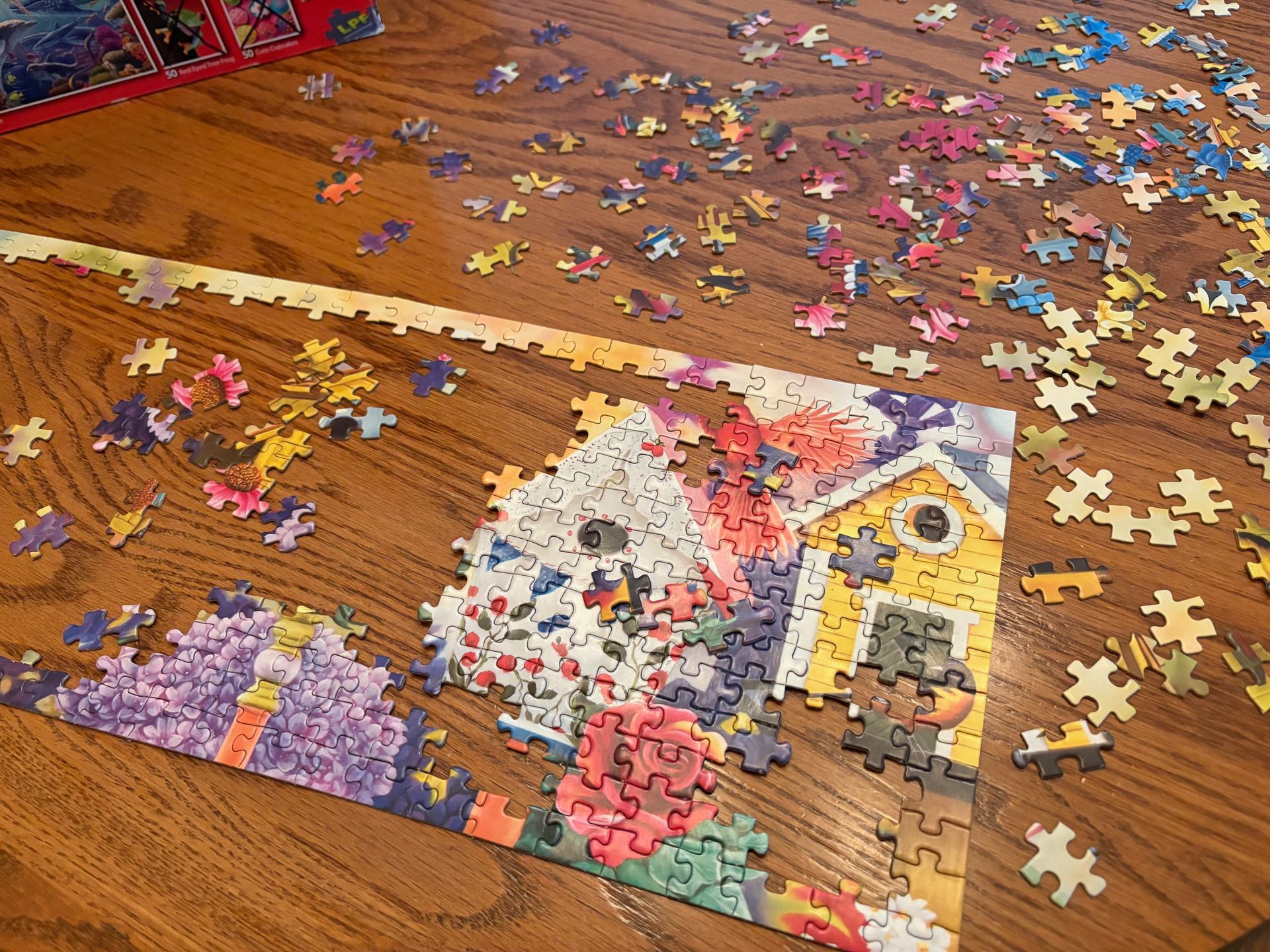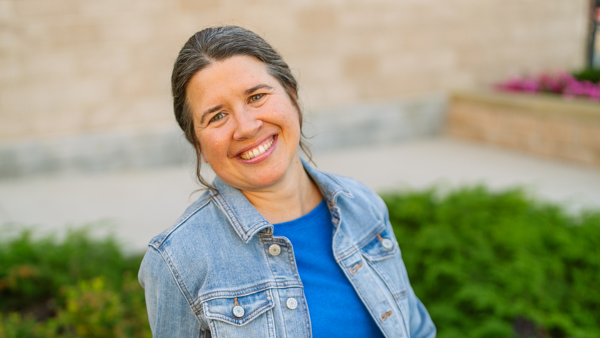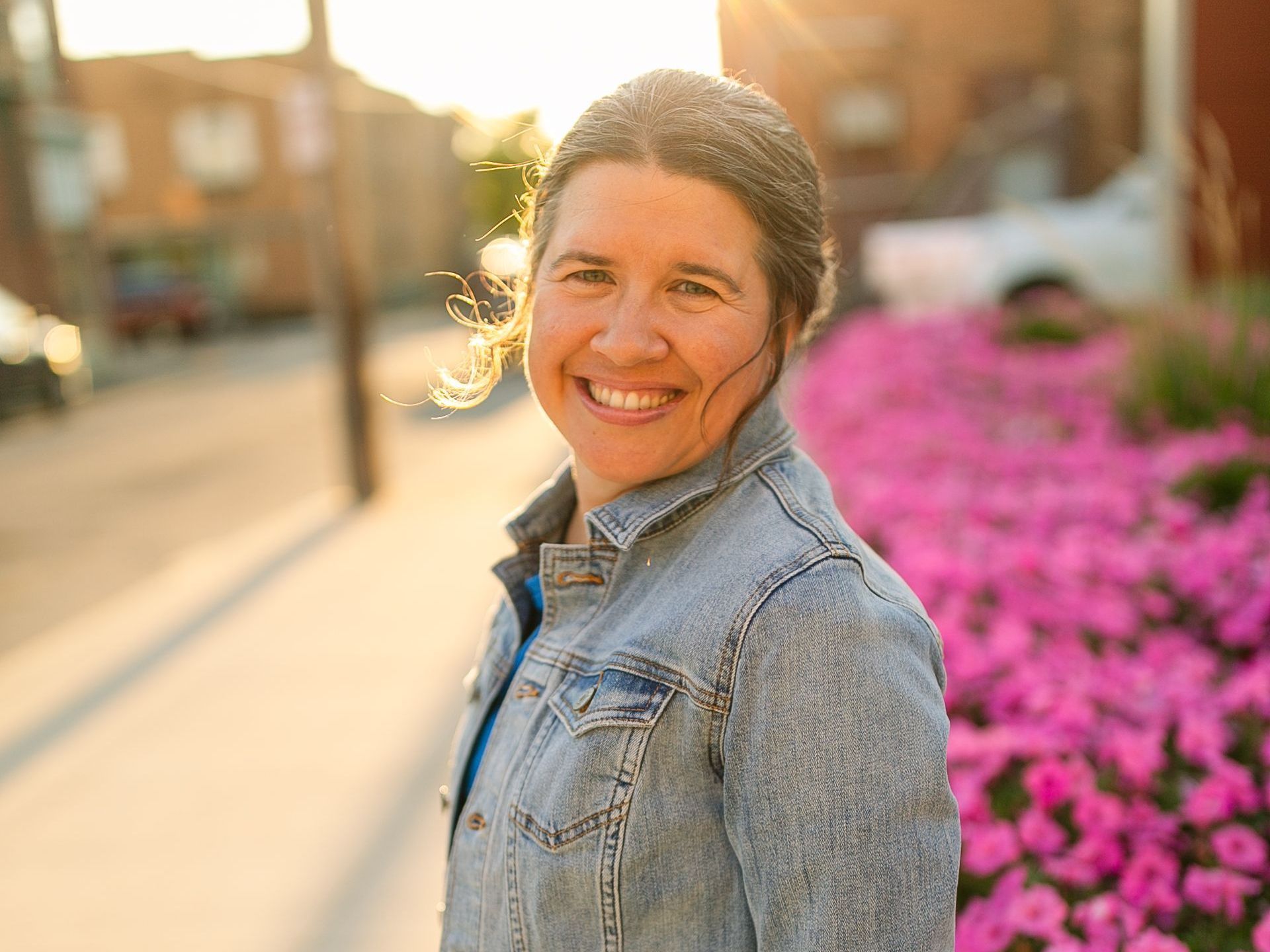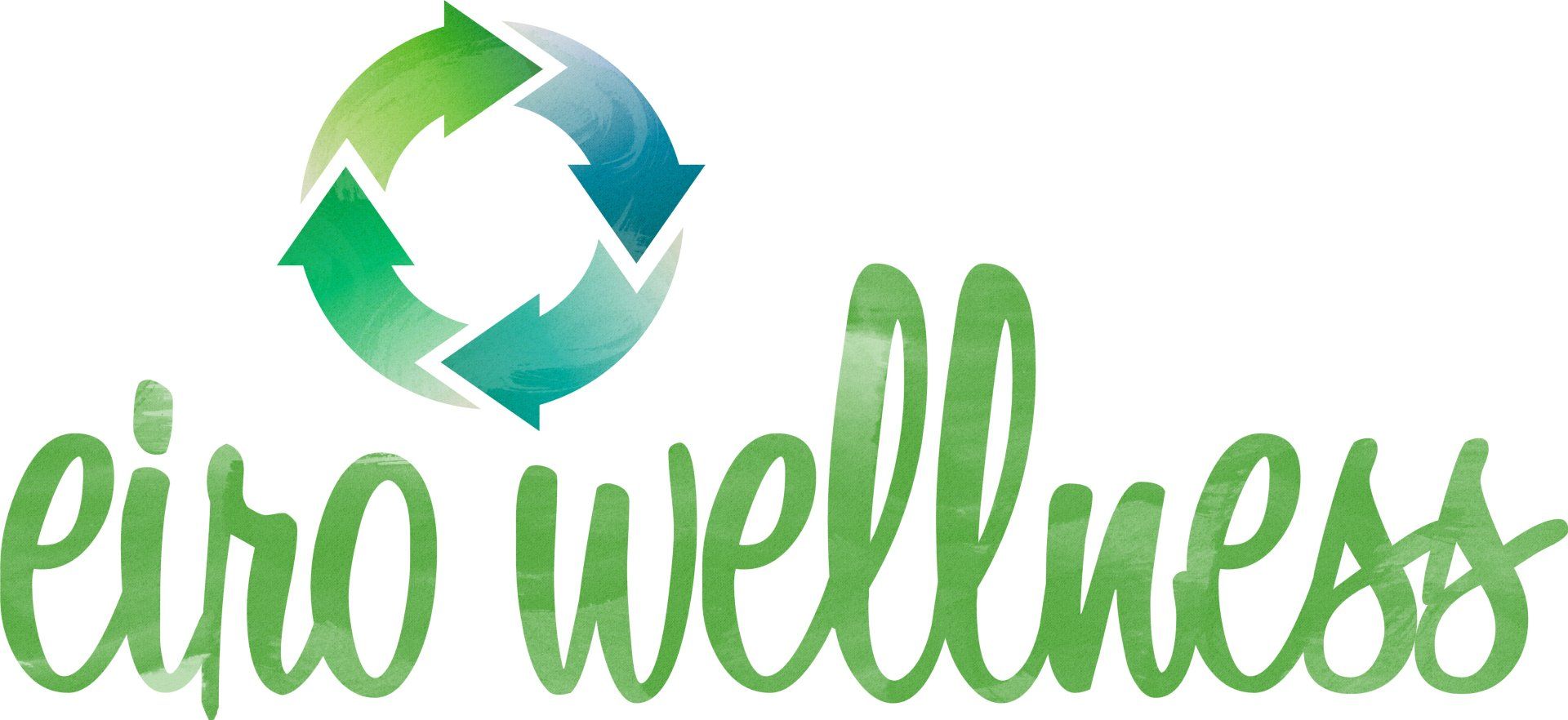How Comparison Interferes with Rest and Reinforces a Lack of Safety
The Silent Thief of Your Joy & Rest
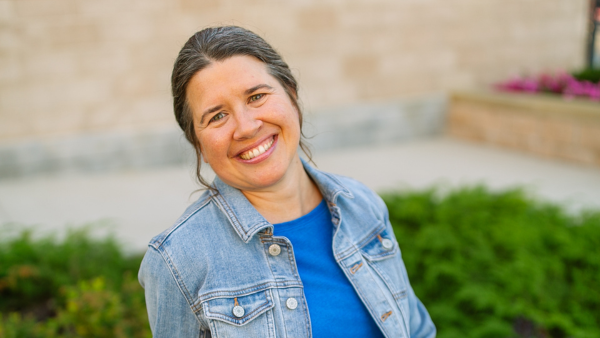
I am content with my home, my clothes, my vacations, my decorations, my flower beds, my life! Until…I open up Instagram, Pinterest, or other social media apps. I find myself comparing all of the perfectly curated pictures of modern homes, seaside vacations, vibrant flowers, perfectly styled clothing, and more. Memes assure me that nothing is out of my grasp and that I deserve what my heart desires. A seed of discontentment starts to grow. It leaves me feeling unsettled, dissatisfied, and wishing for something different. My heart and spirit are not at rest. I am not at rest.
Can you relate?
The Cycle of Comparison and Its Impact on Rest
Now, perhaps more than any other time in history, we are inundated with reminders that we should have something different than what we have. Societal and cultural pressures create a mindset of constant comparison. All day long, images on our phones, computers, and television remind us of how much better life would be if we just had whatever our friends have, social media influencers are raving over, or whatever advertisements are convincing us that we need. A quick trip through Target will tell you that life will be greater if you just had what they are selling.
Discontentment begins brewing in our subconscious minds. This dissatisfaction causes our nervous system to move into a state of threat, activating the stress hormones cortisol and adrenaline. The mental and physical toll of comparing oneself to others includes heightened stress, disrupted sleep cycles, irritability, and anxiety.
Comparison keeps the mind and body in a state of "doing" rather than "being," interfering with true rest. Starting another DIY project, coordinating outfits for a family portrait or endlessly scrolling through destination pictures of your dream vacation seem productive, but actually increase cortisol in the body.
Comparison as a Threat to Inner Safety
When we compare ourselves to others—whether it’s their parenting, health, home, or energy—it can make us feel like we’re not enough. This isn’t just discouraging; it creates a deep sense of failure that feels like a threat. Our minds interpret falling short as a kind of danger, making us anxious that we’re not doing enough or that we’re somehow failing in ways that matter. Instead of feeling secure in the calling and path God has given us, we start believing the lie that we must measure up to someone else’s standard to be okay.
This feeling of being "behind" or "less than" isn’t just in our thoughts—it affects our bodies, too. When we perceive competition or criticize ourselves, our nervous system responds as if we are in danger. Again, cortisol and adrenaline flood our system, making us feel more anxious, irritable, and exhausted. Over time, this chronic stress can disrupt hormones, digestion, and sleep, keeping us stuck in a cycle of fatigue and overwhelm. The more we try to push through or "catch up," the more depleted we become, making it even harder to feel calm, clear-headed, and emotionally steady.
Comparison keeps us in a state of hyper-vigilance, always scanning for where we fall short. Instead of feeling safe and grounded, we become stuck in self-criticism, unable to rest in the truth that God created us uniquely and with purpose. When we accept the limitations and boundaries of our life, and believe that God is with us in it, we disrupt this cycle and allow our bodies and minds to relax.
Restoring Rest and Safety Through Naturopathic Approaches
The most important step in breaking the comparison cycle is to recognize the thoughts and choose to change them. It is easy to become numb to the constant influx of discontented thoughts, so recognition often takes prayer and intentionality. When I recognize that a wrong thought is wearing a deep groove in my brain, I like to write a Biblical truth on a notecard to combat the wrong thought and carry it with me for a few days until the new truth starts to replace the old thought. This adaptation in the brain is called neuroplasticity.
It can also be helpful to support your nervous system with adaptogenic herbs. Adaptogens help your body adapt to the stress you are experiencing and bring some physical relief. Here are three of my favorite adaptogens.
- Ashwagandha is a well-known herb that supports the stress response and offers additional support for the thyroid and sleep. I don’t recommend Ashwagandha if you struggle with anxiety or during pregnancy, though.
- Eleuthero helps the body adapt to stress, helps build stamina, and improves energy. It also supports immune health, provides antioxidants, and has anti-inflammatory properties.
- Maca supports a healthy stress response, improves energy, reduces anxious feelings, and lifts the mood. It supports female hormones, improves libido (when taken for 12 weeks or more), and increases brain function.
You may also want to diffuse essential oils to help reduce the stress response and help your body move toward a state of greater calm. I like to diffuse citrus oils like wild orange or bergamot along with lavender or petitgrain.
I encourage you to honor your unique rhythms and circumstances you find yourself in. Embrace imperfection as a path toward peace. Recognize the freedom of “less is more”. In a world where the demands and expectations of our days can cause our bodies to constantly generate more stress hormones, choose to guard your heart against the lies of comparison. We can’t control every circumstance that contributes to our daily stress, but we can take an active stance against comparison so our bodies can experience rest in this small way.

